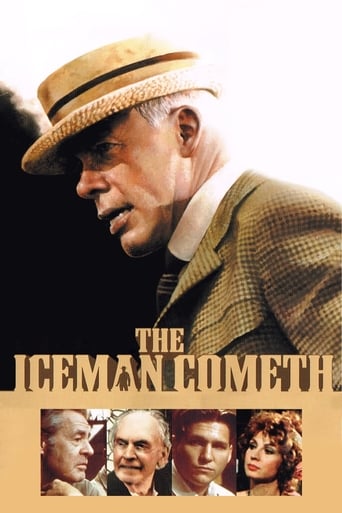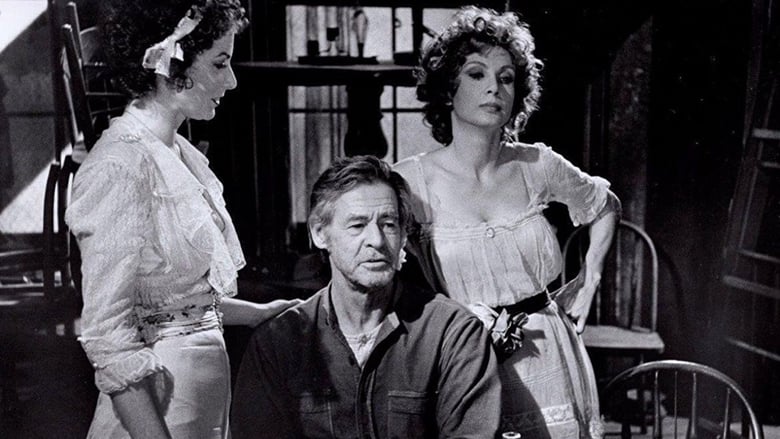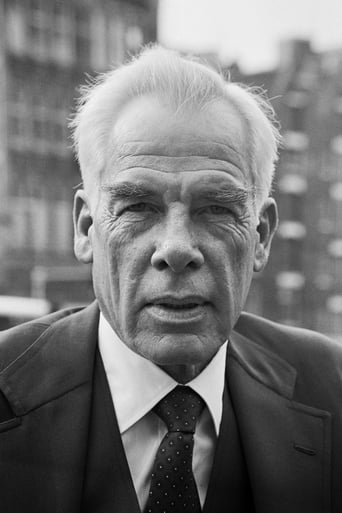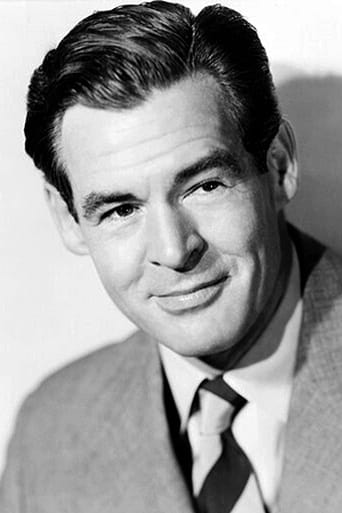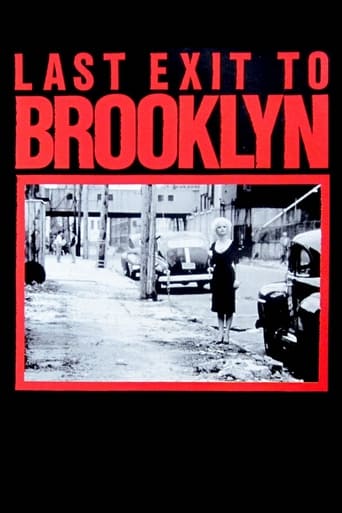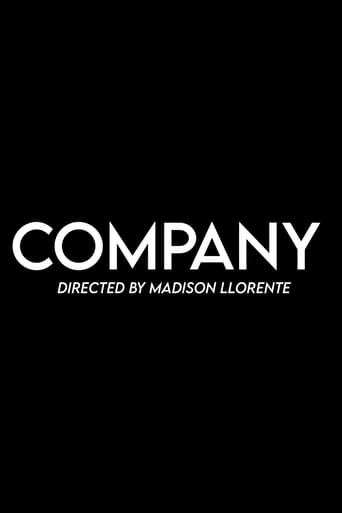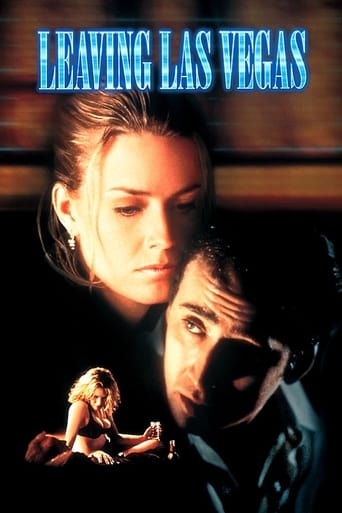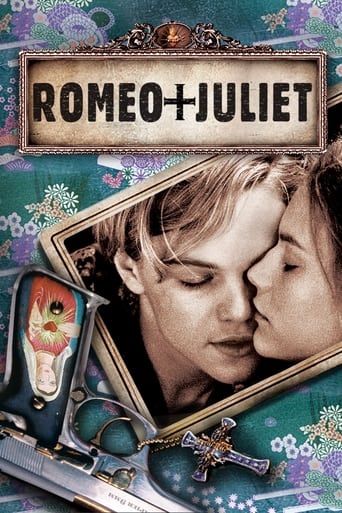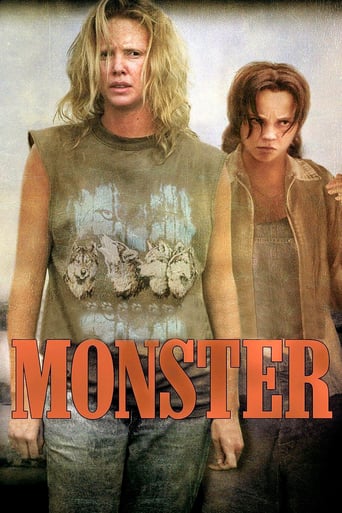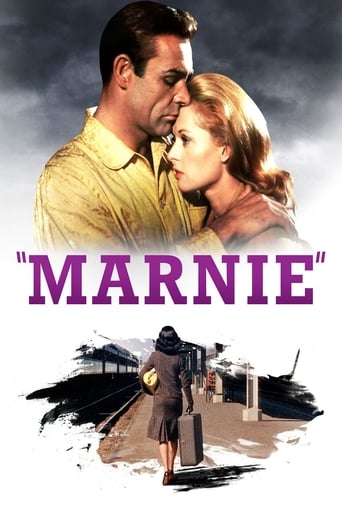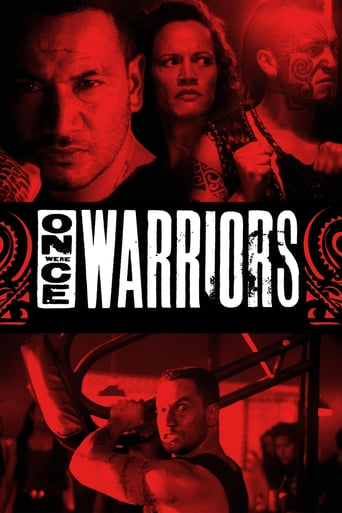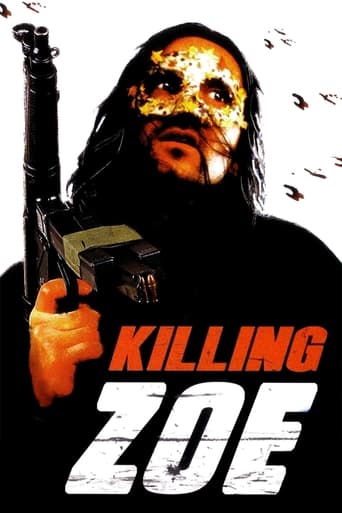The Iceman Cometh (1973)
Set in 1912, inside a dive bar named The Last Chance Saloon, its destitute patrons eagerly await the arrival of Hickey, who arrives annually and props everyone up with free drinks and spirited stories of his travels. However, when Hickey does show up this year, it is with a message of temperance and an exhortation to give up hopeless dreams and face reality.
Watch Trailer
Free Trial Channels
Cast


Similar titles
Reviews
I gave it a 7.5 out of 10
There's a more than satisfactory amount of boom-boom in the movie's trim running time.
Story: It's very simple but honestly that is fine.
One of the film's great tricks is that, for a time, you think it will go down a rabbit hole of unrealistic glorification.
It was a wise decision on the part of producer Ely Landau- one of the only wise ones, as seems to be the history of the flawed ambition of the American Theater Company's movie adaptation productions- to hire John Frankenheimer as director. He was known at the time in the movie industry for churning out high-charged action and adventure pictures (i.e. The Train, Grand Prix), and the occasional dark classic (The Manchurian Candidate), but he started as a television director, and with a play that ran like The Iceman Cometh there would be needed someone who could track the stinging, meaning-of-life-and-death dialog of O'Neill's play with the camera and not make it feel too 'stagey'. This might be difficult to surmise that he made it fully cinematic in the sense of using more than one set or exteriors, as he didn't. Everything is confined to that set of Harry's bar. But within this precise, necessary limitation, Frankenheimer delivered one of his best projects.Then again, how could he not with the source material? It's about some of the richest theater ever produced, least in the 20th century, and is considered by many to be O'Neill's epic masterpiece. It's a tale of a community, a quasi-family of bums and stragglers who're stuck more or less in a dive down in a seedy section of New York city in the early part of the century, awaiting the return of Hickey (Lee Marvin), a big force of a man who works in advertising. This time things are a little different, however, and a new revelation leads the men (and a couple of the women) to wonder if he's flipped his lid. Around this premise of a dark secret or a certain feeling of "death" that Hickey has brought with him, O'Neill creates an ensemble that's unforgettable in its mix of light and dark, principled and sleazy, afraid and just downright kooky. There's a whole mix; there's Larry the ex-anarchist who's slowly dying inside (Robert Ryan); there's the depressed-cum-demanding kid (Jeff Bridges); Harry (March); the bartender/pimp; a black gambler; the "Limey"; the "Tarts"; and a crazy, rambling European screaming about socialism from time to time.And despite what some may have said comparing it to the 1960's made-for-TV version directed by Lumet (which I would love to see but is at the moment unavailable), I'd be hard-pressed to see a cast better than this. Just a reminder: Lee Marvin can act, amazingly, and here he puts his chops to such a test that he rolls on to his climactic, half hour quasi-confession like it's the performance of his life. Ditto for Ryan and March, and for them it was more-so (Ryan knew he was dying, adding a poignancy to what was probably his best, most subtle work, and March is captivating as the stubborn old drunk owner). And Bridges, in a role which he said made him want to continue seriously being an actor, is hard to take one's eyes away from, even as his character wavers from being sympathetic to unlikeable in a single scene. And the bulk of the supporting cast are all wonderfully played and transposed, injecting life into a play that requires it to keep it going full throttle.It's not an easy thing to endure; it's four hours long, and for the first hour here and there one has to go through some minor early morning drunkenness from the characters, which isn't the least effective portion of the play as well as the film. From there on out, if one is tuned into O'Neill's precisely harrowing story of the bums and drunkards and outcasts and all very flawed human beings, it will work wonders even in its sparsest moments. The ending, I might add, is about as perfectly bittersweet as I've seen this side of Woody Allen's Manhattan. Frankenheimer's work is a nearly forgotten gem.
All round wonderful record of the play. Beautifully directed by Frankenheimer. Excellent all round cast with top kudos to Frederick March. As to Lee Marvin. He comes alive in the long monologue after foot dragging through the part till then. The ultimate Hickey? The one that can't be touched or beat? My main man Jason. Rent the 1960 TV version directed by Lumet. There you will see greatness. If only Robards played it in the 1973 version, how much deeper it would have become. How ironic that because he didn't get a chance to do the part and ended up in a horrific car accident he nevertheless came back to Broadway in A Moon for the Misbegotten, and once again wiped everyone off the stage with another confessional monologue, the likes of which we will never see again.
One of the brownest movies ever made -- brown walls, brown furniture, red-brown faces of the drunken patrons of Harry's Bar -- and somehow that feels appropriate, as a lot of it is about autumnal regrets and faded dreams. One in the series of the AFI's American Film Theatre series, it's a very faithful rendering of O'Neill's great play, with one original Broadway cast member (Tom Pedi's bartender) and loads of good casting throughout. John Frankenheimer's camera is thrust right up at the actors' faces, and you keep looking for artifice or melodrama, but, with the exception of Sorrell Booke's sodden Hugo, there's very little. Fredric March's deluded Harry Hope, Robert Ryan's despairing ex- revolutionary Larry, Jeff Bridges' guilt-ridden student (a very difficult role for a young actor, especially in company as august as this) -- all have the ring of truth, and once you get used to the deliberate pacing, repetitive arguments and apologies, and startlingly frank language for a 1946 play, you're hooked. As to Lee Marvin's Theodore Hickey: I was convinced up to his famous Act Three monologue, but he stumbles here, launching into badly calibrated fits of temper and back again. Compare it against Jason Robards Jr.'s interpretation in the 1960 Sidney Lumet-directed TV version, and you'll see the difference between a good actor overreaching and a master in a role he was born to play. (I also saw Kevin Spacey's attempt on the stage a few years ago: He played Hickey like Professor Harold Hill, all bluster and forced charisma, and it didn't work.) A depressing four hours, but worthy, and a rich sample of the actor's art.
The American Film Theater made about 10 films of notable plays which retained the feel of seeing a theater production, but employed high caliber actors to fill the roles, and enhanced production values so you are not just simply watching actors perform on a stage. The movies that were made (A Delicate Balance, Luther, Galileo, The Maids, The Man in the Glass Booth, Butley, In Celebration, The Homecoming) are interesting, but not really entertaining.The camera doesn't replace the experience of seeing a live performance, and since the actors are employing theatrical techniques in their performances they do come across as overblown and somewhat hammy. "The Iceman Cometh" comes across better than most of the AFT productions. The cast is steller with Robert Ryan and Bradford Dillman being particular standouts. The only weak performance is delivered by Jeff Bridges who was probably too young at the time to rise to the demands of O'Neill's work. This is a long movie (4 hours)and character driven, but worth the viewing.

